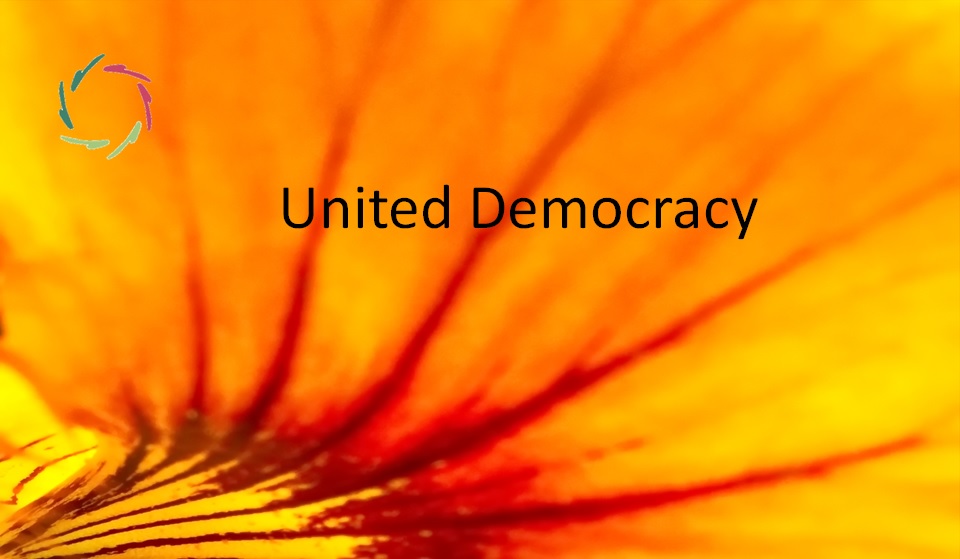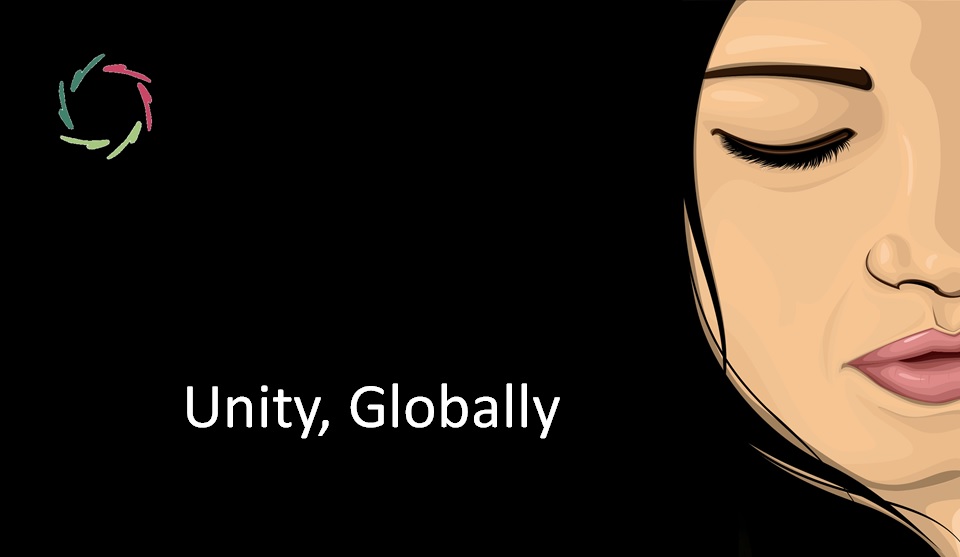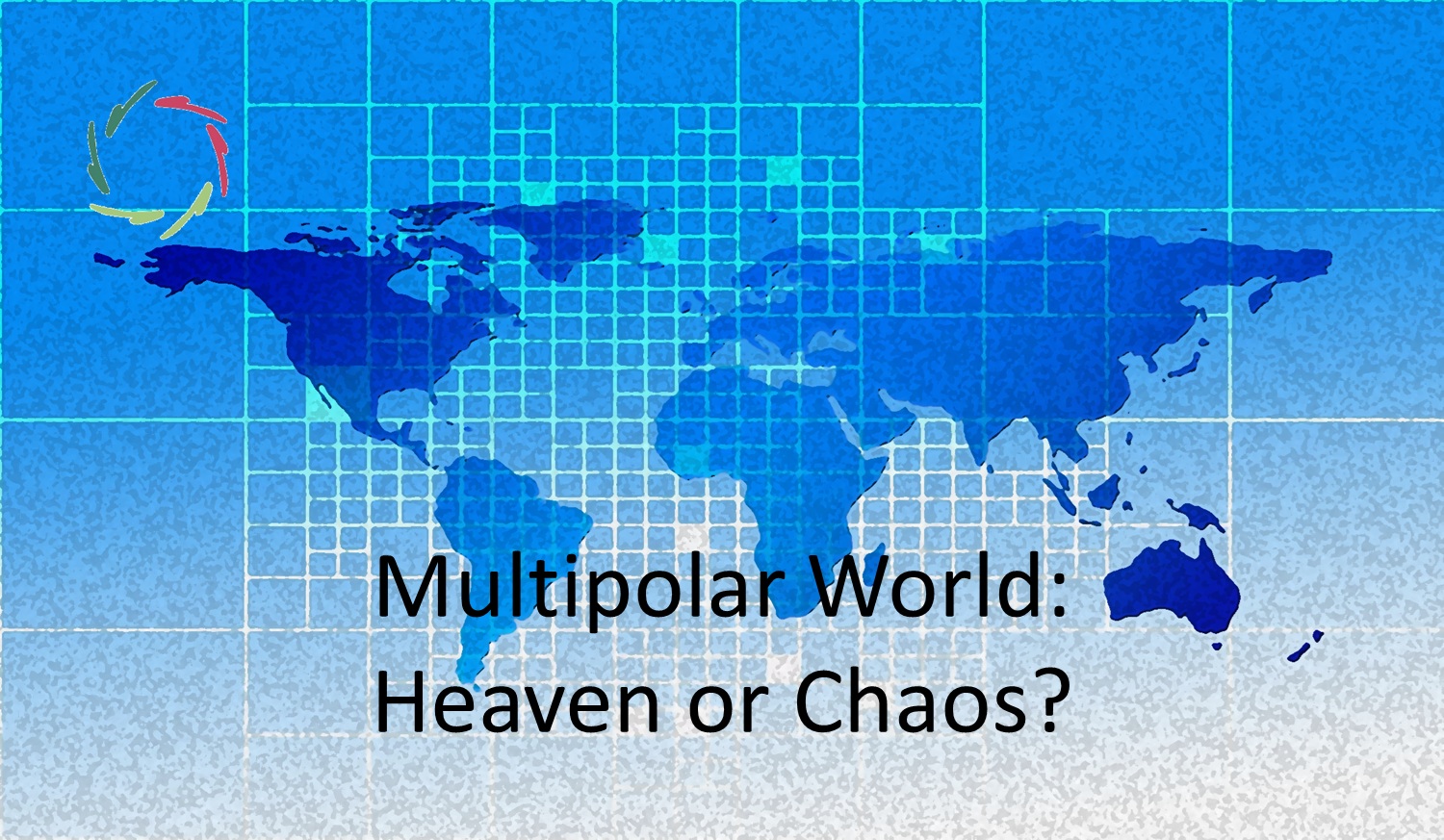United Democracy

The quality of a democracy depends on the system and the people. A crucial element in this is their degree of polarization.
Valuing democracy
From the start, more than two millennia ago, it was noted that democracy is dependent on the worthiness of those who form part of it. Democracy is not just a system that solves all social problems.
Dangers of polarization
A significant weakness in democracy appears when people get polarized into ever more alien-to-each-other groups. [see: “Why Do People Polarize?“] A would-be dictator may enhance this polarization to divide and conquer the people and put himself in place as the big uniter who seemingly defends the will of the people, mostly just those he can easily make into his uniform followers. The others are crushed or ignored.
Apart from dictatorship, another danger of polarization lies in diminishing quality – as to the intention itself – of democracy. Of course, the intention is to give power to the people so that they decide about policies. Nice, but who are these people? [see: “Demo Cracy“]
With high polarization within a country, democracy becomes less real.
In a two-party system, with both being polarized, the losers are at risk of being dominated by the winners. Those who are too weak or too small to get represented are permanent losers.
Democracy is meant to unite the people in order to give them power as such. The more polarized, the less this can be accomplished. So, the less we can talk about democracy as to its intention in the first place. In extremis, we end up with two peoples within one country, one people dominating the other. If we look at it as two sub-countries, one of them lives under the other’s occupation.
The same weakness of polarization can be seen in a multi-party system.
Democracy is hard work
The tendency of parties to be <the winner, no matter what> diminishes the quality of democracy itself. This should be denoted explicitly as such.
The real work of a democracy is not just for parties to win, but to do so in the right way. Most of this work lies in not trying to dominate the others but to understand each other. Even more, whether or not you wearily smile: the most worthy work lies in trying to understand each other in-depth.
United democracy
Understanding each other in-depth is needed to be genuinely, sustainably united. This doesn’t mean that everybody should stand behind the same policy or do the same things.
It does mean that winners and losers in an election can feel united, for an agreed time, to go for the policy that has been voted for. Meanwhile, the ‘losers’ can try to make their standpoint more into what most people can agree to. This may be their position in the next election. It may also be that this perfected standpoint gets integrated during the present specified period. So much, the better.
Nothing new under the sun
More or less, this is also what already happens on many occasions. But on many occasions, absolutely not. Making it explicit – again and again – may help to heighten the quality of any democracy.
Of course, it then also depends on each individual. That is a question of personal growth. In the end, this is what democracy can be built on.
Without human personal growth, there is only the appearance.


